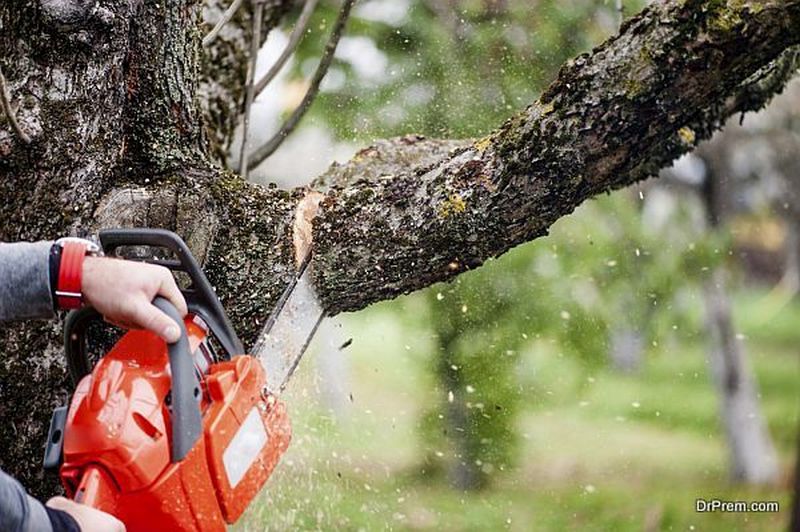As we have all seen on the news, a bad storm can hit at any time. It’s typically not a fun experience, and the situation is made worse if you are not prepared. The best way to ensure that you remain safe at home during a storm is to take some necessary steps before the storm arrives. As soon as you hear that a storm is on the way, go through the following list and see what you need to do in order to prepare your home.
Stock Up On Supplies
The first thing you want to do is buy some supplies. When a bad storm is coming, everyone has the same idea and goes to the nearest store to get what they need. Go as early as you can to try and beat the rush, and ensure you are able to get the stuff you need. Some items you’ll want to have in your home are first aid supplies, extra batteries, flashlights, candles, and plenty of food. Stock up on things that you don’t need to refrigerate, or that don’t need an oven to cook. You may lose power, and you don’t want to lose your foods as a result. Also stock up on some bottled water, just in case anything happens to the local supply.
Make Sure Your Home Can Drain Properly

With storms come a lot of rains, and you want to make sure your home can handle it. This does not only mean that water doesn’t come inside, but that water outside has a place to go. In some homes, you may need to install a sump pump, to keep the water levels down underneath your home. In other homes, you should ensure that your storm drains and gutters are all clear and in good shape. If you need some new ones, there are a wide variety of gutters and spouts that you can purchase for your home. These will help direct the water, and keep it away from your home.
Protect Your Windows and Doors
Your windows and doors are the weakest spots of a home during a storm. High winds can blow open doors or break windows, and a high amount of rain could find its way through the cracks. Before a storm comes, be sure that your windows and doors are in good shape and protected. Install storm covers if necessary, or even board up the windows if you are expecting a particularly bad storm.
Install A Generator
During a storm, many homes lose power. If this is a concern for your area, one thing you can do is install a backup generator. These typically run on gas, and depending on the size you get, allow you to run anything from a few electronics to your entire home. You can use these in an emergency to keep your heat running, your sump pump functional, and your cell phones charged. Generators are a good thing to purchase well before a storm arrives, as they can sell out quickly. So if you don’t have a generator, consider buying one before storm season arrives.
Charge Your Electronics Beforehand

In this day and age, we have grown to rely quite heavily on our electronics. If a storm comes and knocks your power out, it could be a while before you are able to charge your devices. So if you know a storm is coming, be sure to give things like tablet and phones a full charge before it arrives. It’s also a good idea to pick up some mobile battery charges, which you can then use in an emergency. You don’t want to find yourself without a phone during an emergency, so give yourself as much battery life as you can, and then conserve it during the storm.
The Key to Storm Survival Is Being Prepared
It’s not always possible to know when a storm is coming. Sometimes we only get a single or two days’ notice, and that isn’t enough time to get everything together. That’s why it’s important to take steps to protect your home now. By doing the things above, you’ll hopefully be able to weather out the storm with little trouble, keep your home safe in the process, and avoid having to make costly home repairs.
Cut Away Branches

Finally, it might be necessary to do some landscaping outside. Branches that hang over your home, or near power lines, are a danger during storms. If you have the time, it’s a good idea to cut these, so that they don’t cause any damage. While you’re at it, you should also inspect your trees, and make sure they are not in danger of falling over, or that they are not rotted.
Article Submitted By Community Writer




